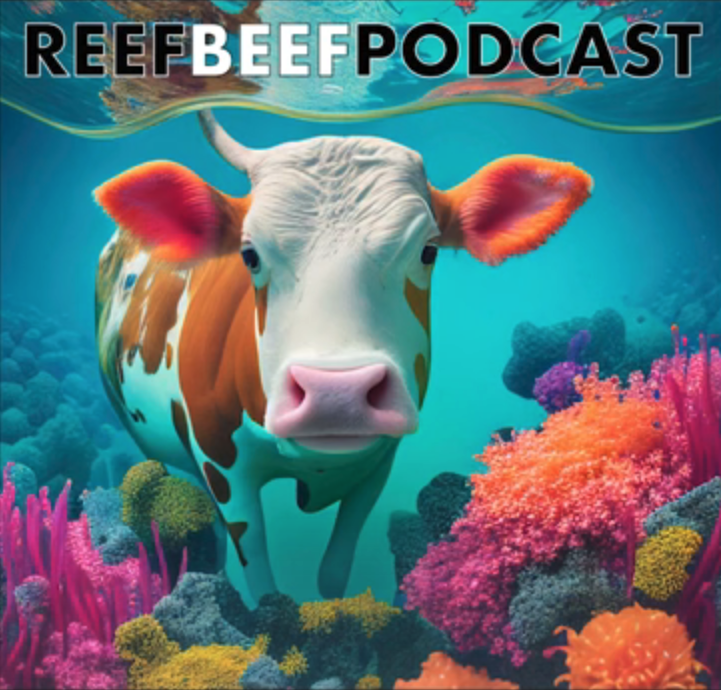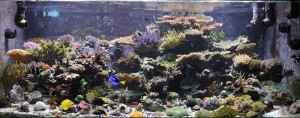
Skeptical Reefkeeping Part 1 – are you sure that that thing is true, or did someone just tell it to you?
From Reefs Magazine “Are you sure that that thing is true, or did someone just tell it to you?” – They Might Be Giants Reefkeeping is as much an art as it is a science. There is so much that we don’t understand about what actually goes on inside our boxes of water that we must rely on cultivating a ‘saltwater thumb’ for success over time. Building that saltwater thumb, however, can be a daunting task. There are a million opinions on every aspect of reef keeping, and the modern reefkeeper can access those opinions thru websites, online forums, or those big heavy things on the shelves at home (Books? I think that’s what they’re called). Essentially, you can find support for every aspect of the

Skeptical Reefkeeping Part 2 – Magic in a Bottle
From Reefs Magazine In the last installment we talked about the role anecdotal evidence and logical misunderstandings play in how we make decisions about reefkeeping. In this installment, we’ll look at how and why manufacturers make claims about their products, why you might want to be skeptical about them, as well as some practical advice for determining the validity of those claims.It seems you can’t turn around in the reefkeeping world without bumping into another new product that you must have to keep your reef healthy. The claims are usually the same, always some version of one of these:-This product will unlock your reefs potential. -Cure any and all disease in a reef environment. -This will change the way you keep your reef. -You’ll see
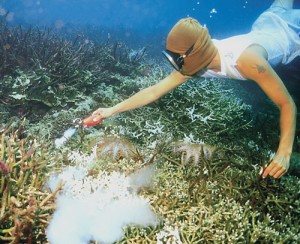
Skeptical Reefkeeping Part 3: Sustainable? Responsible? Really?
From Reefs Magazine In the previous two installments of Skeptical Reefkeeping, we talked about how applying skeptical thinking to reefkeeping can help you make decisions about what methodology to follow or which products to use. In this installment, we’ll spend less time exploring the skeptical method, and instead examine how skeptical reefkeeping has impacted, and continues to impact one particular aspect of our hobby: making our hobby more environmentally sustainable. A brief reminder Skepticism is a method, not a position. Officially, it’s defined as “a method of intellectual caution and suspended judgment.” A skeptic is not closed minded to new ideas, but is cautious of ideas that are presented without much, or any, supporting evidence. In our hobby there are tons of ideas presented without
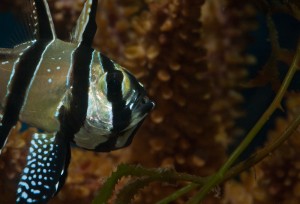
Skeptical Reefkeeping part 4 –What does that even mean?
From Reefs Magazine In the previous installments we talked about skeptical methodology and how it can be used to sort through the overwhelming amount of reefkeeping information and products available. We also discussed how skeptical thinking has impacted the idea of sustainable reefkeeping. In this installment we’ll take a look at some of the terminology that is used in reefkeeping and see if the terms make sense or are misleading (potentially, accidentally, or purposefully). A brief reminder to set the scene Skepticism is a method, not a position. Officially, it’s defined as a method of intellectual caution and suspended judgment. A skeptic is not closed minded to new ideas, but is cautious of ideas that are presented without much, or any, supporting evidence. In our
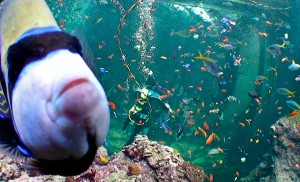
Skeptical Reefkeeping Part 5: Experts and Changing Your Mind
From Reefs Magazine In the previous installments we talked about skeptical methodology and how it can be used to sort through the overwhelming amount of reefkeeping information that is now at the virtual fingertips of reef hobbyists. We also discussed how skeptical thinking has impacted the idea of sustainable reefkeeping, scientific terminology, magic products and more. In this installment we’ll take a look how to decide which expert to listen to and the most important tool in the skeptical reefkeepers toolbox. A brief reminder to set the scene Skepticism is a method, not a position. Officially, it’s defined as a method of intellectual caution and suspended judgment. A skeptic is not closed minded to new ideas, but is cautious of ideas that are presented without
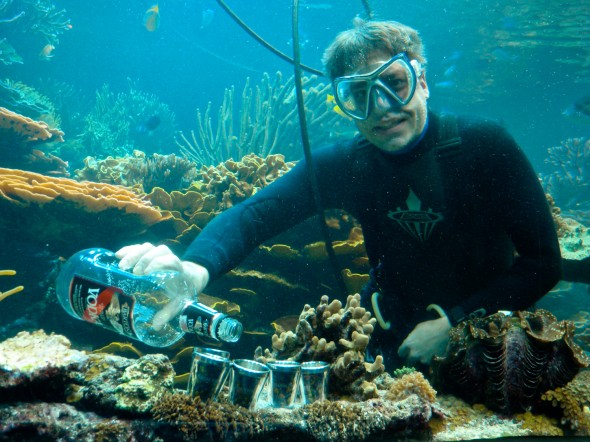
Justifications – my home tank is educational?
From Reefs.com blog Some reefkeepers feel the need to justify their aquariums, they seem to feel the need to make their home tank more than a hobby. I can understand that feeling, especially in the face of those who characterize the way we get the animals for our boxes of coral as ‘raping the reef’ and the massive amount of resources that often go into keeping a home tank. However, if that justification is really empty, if it isn’t a real justification, it can serve to make the justifier and the hobby in general look worse. The most popular justification that people seem to use when trying to justify keeping exotic fish and coral in their living rooms is that their home reef tank somehow serves
Just a little information TANKED?
From Reefbuilders This is a video of a big aquarium – doesn’t a little information about how its run and how the animals are cared for make it more exciting? Like many of us, I have been thinking about the new television show TANKED. The great discussion so far about the show has been really illuminating and taken the reefkeeping community beyond issues like ‘This coral is cool’ or ‘what’s the newest product’ or ‘where do I get the cheapest…’. I think this kind of big picture discussion has been relegated to dusty, quasi philosophical forums with low readership and I think getting some of this discussion out in the open can do nothing but befefit the hobby in the long run by forcing more
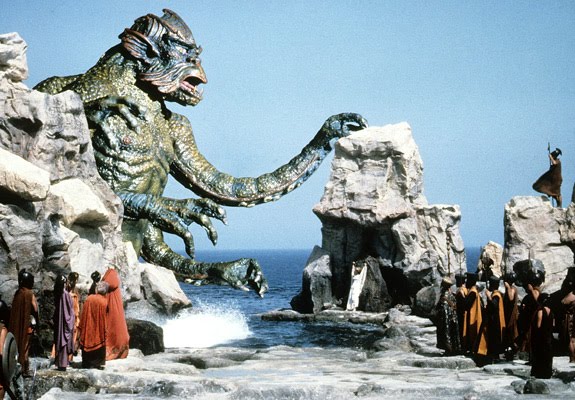
Release the kraken?
From Reefbuilders For the last week or so, the popular science press has been gushing over the announcement that a giant Triassic Kraken not only killed and ate giant ichthyosaurs, not only arranged their bones, but even arranged their bones in what may be the very first ‘self portrait’. How exciting! A huge, intelligent, self aware cephalopod lived in the Triassic and actively hunted and ate 45 foot long ichthyosaurs – its a ceph lovers fantasy come true! There is of course, one small catch – there is no evidence that this Triassic Kraken actually existed. The story in a nutshell: at Berlin-Ichthyosaur State Park in Nevada the remains of nine 45-foot ichthyosaurs, Shonisaurus popularis have been confusing researchers since at least the 1950’s, partially due to the
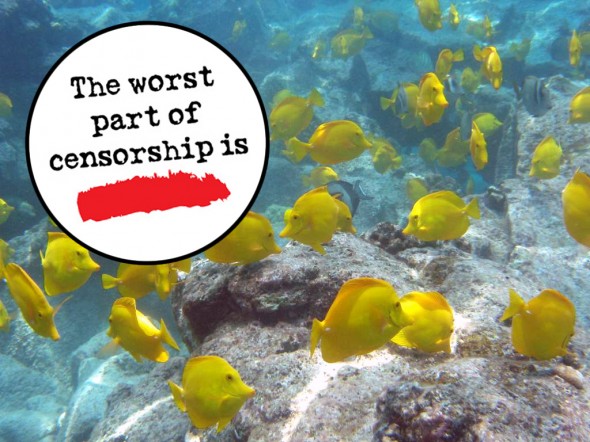
Real discussion? Not on Social Media
From Advanced Aquarist The ongoing discussions about and with anti aquarium trade groups have been hopping on Facebook. Sadly they have taken a turn that makes me feel engaging with the anti trade side is often useless and should possibly be avoided. What these groups are doing is deleting comments that respectfully disagree with them, and then pretending to be generous by replying…while at the same time blocking the people they say they are replying to. They are also assuming that everyone that disagrees with them disagrees with everything they have to say and that everyone disagrees about the same thing in the same way both of which are of course, not true. Because blocking people shuts down all real discussion, these misconceptions cannot be
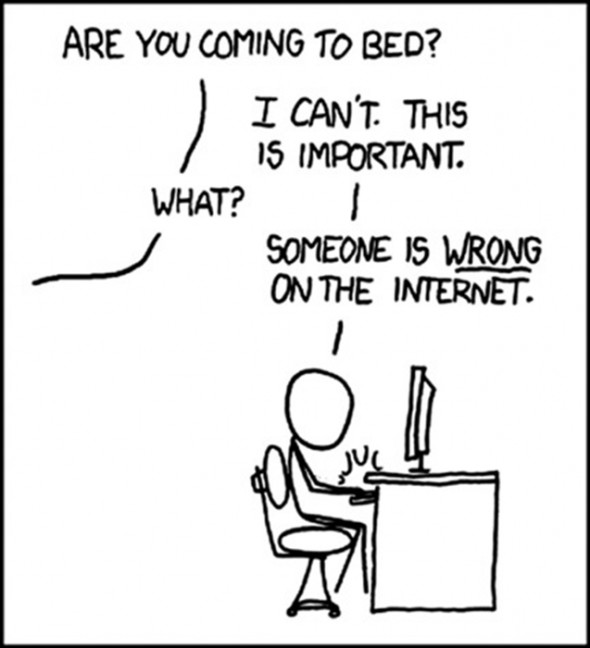
Skeptical Reefkeeping Part 6 – Communication
From Reefs Magazine The Internet makes information instantly available for Reefkeepers all around the world, but that information can be clouded in inaccurate fog, anecdote, baseless opinion and unsubstantiated arguments from authority. To keep the inaccurate fog at a minimum in an effort to save money and save animals lives, you need to be able to get the information you want as well as share information that others want by communicating well with people and enticing others to communicate well in return. Since communication is one of the keystones of Skeptical Methodology and critical to success in reefkeeping, in this installment of Skeptical Reefkeeping Lives and Money, we will look at strategies for getting and sharing useful information about our boxes of live animals. A
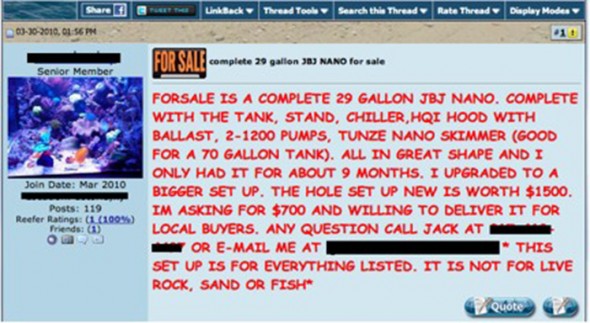
Skeptical Reefkeeping Part 7: A look at Ethics
From Reefs Magazine By Richard Ross Ethical discussion about almost every area of reefkeeping has been a part of the hobby for as long as the hobby has existed – What size tank do I need to meet my animals’ needs? Are some animals better left in the ocean? Do I really need a separate tank to treat a sick fish? Can we justify the resources we use for our aquariums?The discussion of ethics in our hobby is both comprehensive and esoteric, having the potential to evoke extreme emotion as people argue for what they feel is some sort of moral high ground. Lately, some parts of the ethical discussion have heated up due to anti-aquarium groups working to curtail or even shut down wild
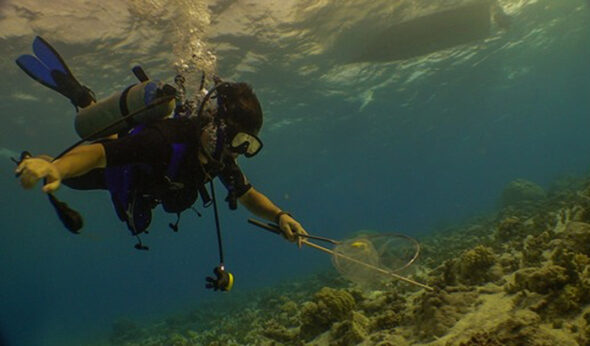
Skeptical Reefkeeping Part 8: Animal Origins, Some Proposed Definitions
From Reefs Magazine Richard Ross and Kevin Erickson There are many terms in the marine aquarium hobby that are used in multiple ways by different people, which can cause a great deal of confusion. This is especially true as it pertains to the origins and sustainability of animals – it is possible to purchase an animal thinking you know its background, lineage, where it comes from and how it was raised/collected, only to find out that you and the person you bought it from have a different understanding of what certain terms actually mean. Normally, as discussed in Skeptical Reefkeeping III, we would advise people to be aware of the different ways various people and businesses use or misuse terms, and to ask clarifying questions before
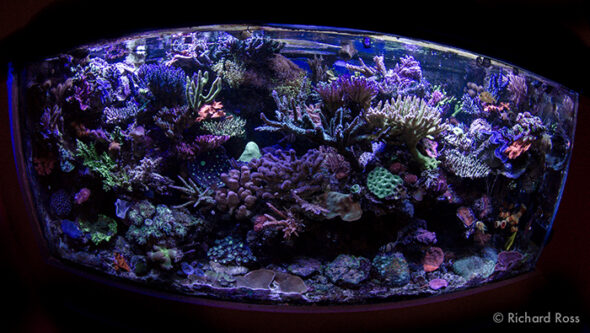
Skeptical Reefkeeping 9: Test Kits, Chasing Numbers and Phosphate
From Reefs Magazine by Rich Ross and Chris Jury The Editors Note: In Skeptical Reefkeeping IX, Rich Ross is joined by our old friend Chris Jury as they try to come to terms with the “impossible” yet confirmed PO4 readings in Rich’s gorgeous reef. The analysis is thorough, thought- provoking, grounded in science and suggestive of a far more complex picture regarding PO4 and its role in our aquariums. There are many standard parameters in the reefkeeping world that aquarists strive to match in their home reefs – water quality, light spectrum and intensity, and water flow, just to name a few. Rarely do we stop to think where these standard parameters come from, and even more rarely do we consider calling into question the utility of
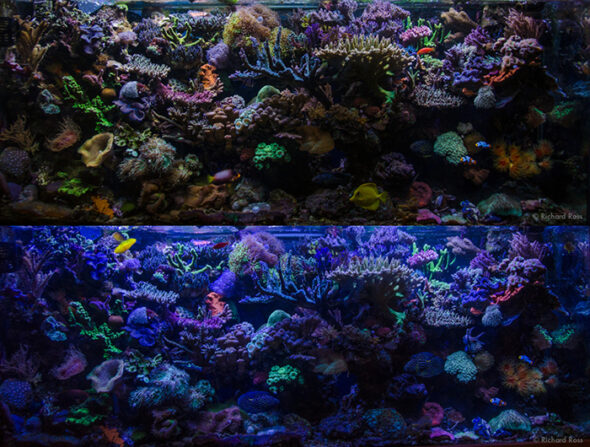
Skeptical Reefkeeping 10 – The Power of Anecdote
From ReefsMagazine by Richard Ross In the last nine installments of Skeptical Reefkeeping we have looked at varied topics from phosphate to marketing to fallacious lines of reasoning to communication. One of the through lines all along has been the idea of anecdote, and generally, why it isn’t to be trusted. In this installment of Skeptical Reefkeeping, we are going to take another look at anecdote, try to understand why we are dependent upon anecdote in our hobby, and discuss some of its power and how to make it more useful. A Brief Reminder to Set the SceneSkepticism is a method, not a position. It can be defined as a method of intellectual caution and suspended judgment. As a Skeptical Reefkeeper, you decide what is best
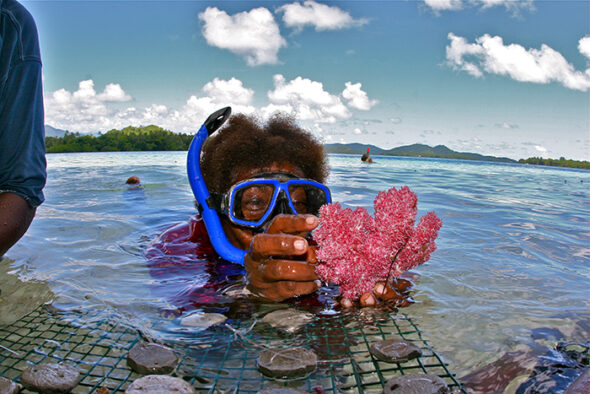
Why Point-of-Origin Matters
By Rich Ross and Ret TalbotFrom Reefs Magazine Most marine aquarium hobbyists purchase animals for their tanks without much thought to those animals’ origins. This is understandable since most local fish stores and online retailers don’t make that kind of information easily available to customers. Point-of-origin does matter, however, because not all animals are collected sustainably and not all fishers are treated equitably. The marine aquarium hobby and its practices are increasingly scrutinized by anti-aquarium trade activists and environmental advocacy groups, wildlife managers concerned about invasive species introductions and legislators interested in pleasing constituents. A sustainable and equitable trade is a defensible trade; the status quo is not. More important than defense, however, we argue that purchasers of wild animals have a responsibility to
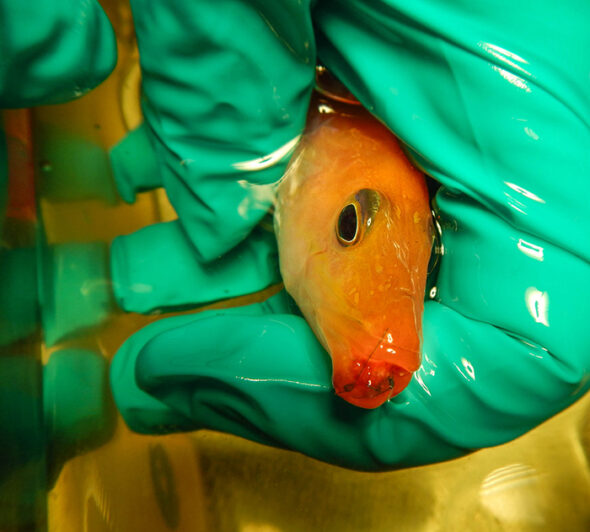
Skeptical Reefkeeping 11- Ethics of Animal Selection
From Reefs Magazine In our hobby, there tends to be mostly a super market approach to purchasing animals – you go to a store and select the animal you want from an array of holding tanks containing animals waiting for a new home. While such a selection seems great, it also creates an environment that may engender impulse buys rather than considered choices, makes us feel that instant gratification is the norm, as well as making us feel that somehow, for various reasons, any animal is worth a try in any tank. As people who say we love the reefs, and the animals that live on them, perhaps we should spend more time considering, and getting others to consider, which animals are appropriate for which
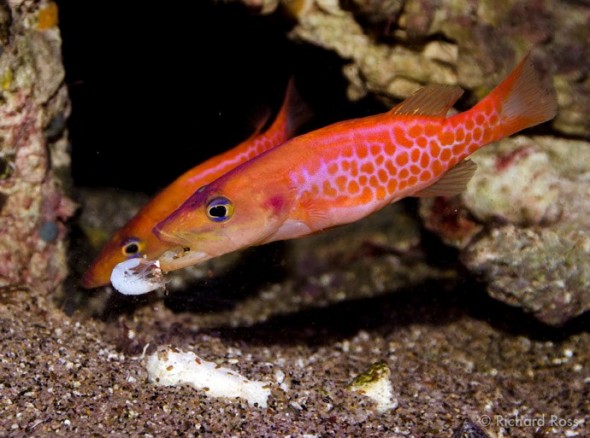
Dr Seuss eats Nemo
From Advanced Aquarist The answer to the struggle of what to feed marine predators that require live foods is right under our noses. Fish might be friends, but in the real world the may also be food. Back in March, I wrote about Chad Vossen feeding a platinum clownfish that was to be culled to juvenile Dwarf Cuttlefish, Sepia bandnesis, and talked about how clownfish destined to be culled might be a great source of marine feeders for predatory marine animals. As a follow up I present to you the below video: Dr. Seuss eats Nemo. In the video I feed my pair of Dr. Seuss Fish, Belonoperca pylei, some captive bred designer clownfish that were raised in quarantine conditions, and were destined for the culling block. These clownfish were provided

Reef Threads covers MACNA banquet and Skeptical Reefkeeping 11
From Reefthreads “It’s a new week and time for a new podcast. This week we talk about Sanjay’s notification trick, Reefs.com, blogs, the MACNA banquet, Archerfish skill, and skeptical animal selection. Download the podcast here, or subscribe to our podcasts at iTunes. Also, follow us on Twitter at reefthreads.—Gary and Christine”
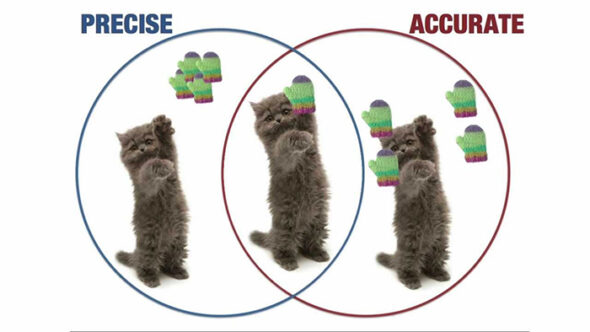
Skeptical Reefkeeping 12: Triton Lab ICP-OES Testing of a Certified Artificial Saltwater Standard
From ReefsMagazine By Rich Ross and Dr. Chris Maupin At MACNA 25 in Denver, the potential for the new ICP-OES aquarium water testing by Triton Lab in Germany made many saltwater hobbyists swoon. The possibility of getting a real good look at what is going on chemically with the water in our glass boxes for an affordable price is incredibly appealing, since traditional ICP-OES testing is expensive and time consuming. In this installment of Skeptical Reefkeeping, we explain how ICP-OES testing works, explore the challenges of testing saltwater with ICP-OES, develop an understanding of the methods used to address those challenges, and discuss the results from the testing of a certified artificial saltwater standard that was sent to Triton Lab. A Brief Reminder to Set
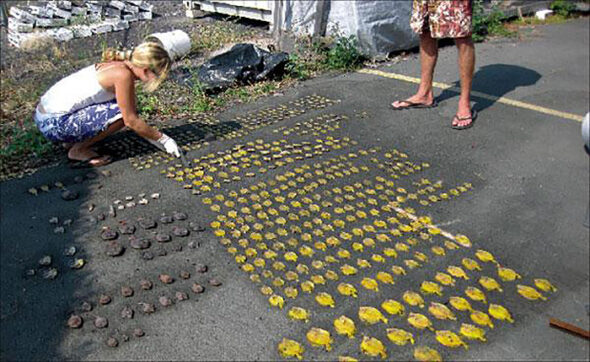
Skeptical Reefkeeping 13: Is the Hobby Morally Justifiable?
A Conversation Between Nathan Hill and Rich Ross From Reefs Magazine For American readers unfamiliar with Nathan Hill, he might considered my analogue in the UK – he is a regular contributor to Practical Fishkeeping where he often tackles hobby issues from the stance of ethical, critical, and consistent thinking, while trying to get the hobby to look at itself in the mirror – he also has a degree in philosophy, which makes him super cool in my book. Nathan and I have been aware of each other for several years, briefly communicating from time to time with notes like, “Great piece, but I think I have a few disagreements – let’s talk,” but we have never found the time to be able to really

Skeptical Reefkeeping 14: Everyone Can Do Science
From Reefs Magazine By Richard Ross In reefkeeping, there are a million products and techniques, each claiming to be a necessary ingredient for a successful reef tank. The problem is that many of these claims have little, if any, evidence to support them – so how are we supposed to know which ingredient, product or method is useful and which is bunk? Well, we can bellyache that someone else should figure it out and let us know, or we can get up off our collective butts and start producing evidence ourselves by doing some simple experiments. In previous installments, we discussed how real science takes time, resources and money. Real science is a pain in the butt to do. Real science is a formalized method for answering
